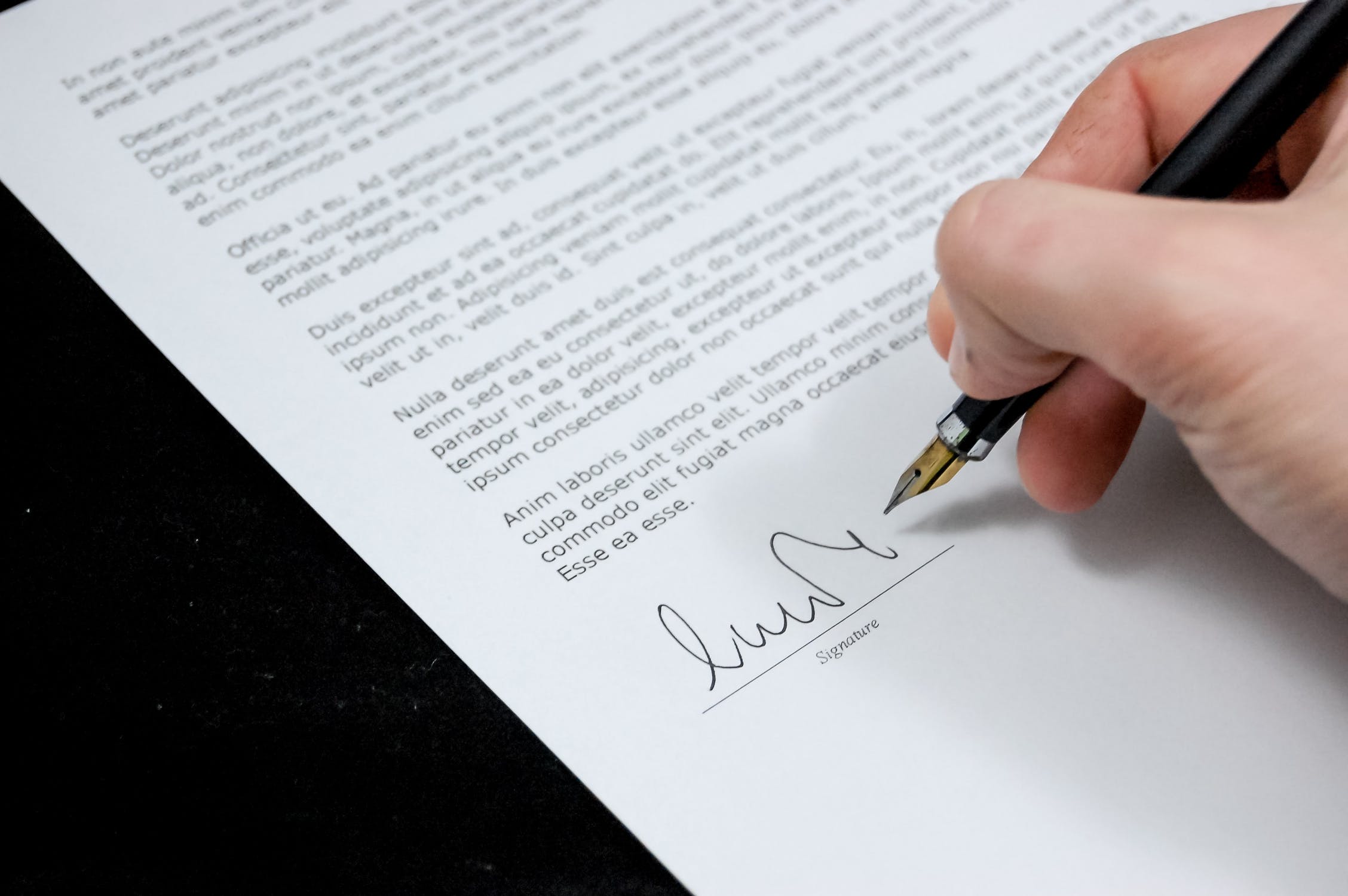How to Manage a Big-Ass Copywriting Project
Onboarding a Client with a Large Copywriting Project
I recently had the following conversation via email with a freelance copywriter. Her questions and my responses are pasted below because they may prove helpful to other copywriters facing similar situations.

Working on a big copy project? Map out a process to ensure smooth sailing.
Hi Susan,
I am after a little advice and hope you don’t mind my off-the-cuff contact. I am expanding from content marketing to copywriting and have been working as a contractor with a VA (virtual assistance) agency on various projects. They have asked me to quote on a project for one of their clients.
At first, they described it as a 10-page website refresh but it now appears it will be a complete overhaul of the client’s existing website and a minimum of 10 pages.
1) What is your typical process for managing a project of this size? How do you work with the client?
I’m going to focus only on the copy, assuming you are not responsible for design. So my typical process is pretty straightforward:
- Provide a written proposal/quote
- Get a signature on a contract and a 50% deposit
- Speak with the client (VA or their client) for input on each page
- Do research to check out competitor sites
- Write a first draft
- Get feedback from the client whether in writing or by phone
- Complete any client revisions or rewrites
- Hand over the final copy to whomever is handling design
2) Does web copy precede web design? What comes first? Who typically leads this process?
Projects roll out both ways. I’ve worked with clients who chose to resolve copy first and others who preferred to focus on the design.
I actually really like when the client has a design first because then I have fewer decisions to make. I’m bound to the design in terms of how to organize the site, how much copy appears on each page, etc.
I’m basically filling in the blanks; pretty simple. If I have to meet with the client and come up with the site outline, hierarchy and content, that requires more time, thought and work. I can do it, and have done it on many projects, but sometimes it’s nice not to have to do all the thinking.
3) How much detail needs to be agreed before proposals can be drawn up/contracts signed?
I create simple contracts. Make sure to spell out the scope of the project, what’s included and also what the client’s responsibilities are (what’s not included).
I don’t get involved in creating a multi-page contract filled with legalese. I want to make it easy for the client to decide to proceed.
While a 10-page copywriting project is sizable, it’s still relatively small. A more detailed contract would be necessary if it was 100+ pages or involved a retainer fee, ongoing work with no definitive end, or the use of sub-contractors on your part.

Keep contracts simple unless it’s for a huge project.
4) How should I price my copywriting work?
Copywriters usually develop their own pricing practices. I know some writers bill by the hour, others by the word, and still others provide a project price. There are pros and cons to each method. That’s an article for another day.
A strategy I’ve used that’s worked well for me on website projects is to give a per page price for copywriting. That way the client knows if they add web pages to the project, they can expect to be charged more for copy. When the scope of the project changes, so does the price.
So, for example, if you charge $200 per web page, a site that includes a Home, About and FAQ page is $600. The client wants to add a Services page? Okay, now the price is $800. Pretty basic and easy for the client to understand; and it keeps them honest!
You may even want to specify word counts, so building off the last example, you’d charge “$200 per web page for 400-500 words.” I’ve been burned a few times by clients who had a very different concept of “typical length” than I did, so it’s worth stating a range in your proposal.
Also, watch out for scope creep on copywriting projects. The struggle is real. You know you’re in trouble when the client starts a sentence this way, “Lisa, could you just….?” That “could you just” is your first hint you’re going to be doing more work than you planned. Of course, you don’t want to nickel-and-dime your clients, but you do want to get paid fairly for the amount of work you do.
Do you best to quote accurately, but also realize that if you end up putting in some extra hours you didn’t plan on, it’s not the end of the world. Learn from the experience and move on.
5) How should I ask the client to pay me?
In the past, you had one choice — check. Today you have many more options. If payment is through direct deposit (also called an ACH payment), Zelle or Venmo, you can avoid the payment provider fee. More and more clients are willing to use one of these options, especially if you’ll be doing multiple transactions with them.

Today’s copywriters have a variety of payment service options when billing for their work.
You can still accept an old-fashioned physical check. In fact, some companies insist on using them. The good news is there’s no fee for cashing a check, however, you don’t get the payment instantly. You’ll have to decide whether to start on the project before the check for the deposit has arrived, been deposited and cleared. If you’re up against a deadline or even if your client is anxious to get started, waiting might not be practical.
Finally, there’s good ‘ole PayPal, which also works with all major credit cards. If that’s your client’s choice, you may want to add PayPal’s fee (roughly 3%) to your quote. Otherwise, the fee will come out of your pocket. If it’s an international client, then you also need to add in a payment conversion fee (roughly 6%).
* * *
Contact Susan Greene
Need help with a big copywriting project? Work with a pro who can handle high-volume work.
Get a quoteTestimonial
Looks amazing
We love everything about this website copy! Looks amazing. Thank you again for all your help in launching Ledger Lovers Co. bookkeeping services.
Anna Hoopes Mandac
Owner
Ledger Lovers Co.
Cleveland, Ohio

